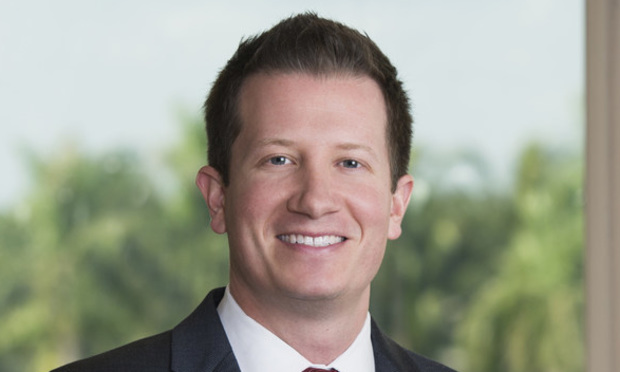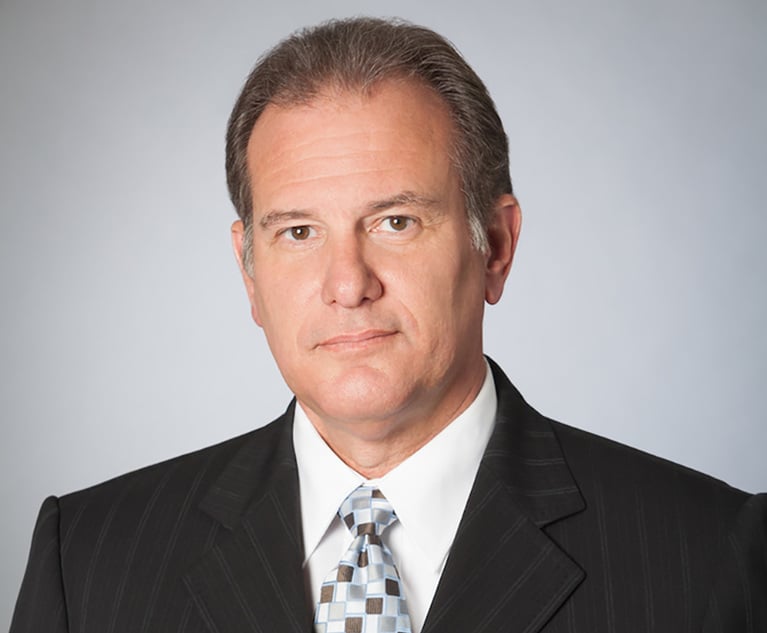The current mortgage default rate on residential properties in Florida is less than 1%, one of the lowest levels in 18 years, according to the Mortgage Bankers Association. Nonetheless, the litigation surrounding foreclosure cases is anything but diminishing, and borrowers’ attorney fees are taking center stage. Assuming homeowners have taken the time to read their mortgage in detail (if not, it’s readily available in the public records), they will probably find a list of provisions regarding their lender’s right to foreclose on the property upon a given default and their ability to charge for its attorney fees and costs to do same.
Florida courts have adopted the common law “American Rule” with regards to awarding attorney fees to a prevailing party in litigation. Essentially, the “American Rule” provides that in the absence of a statute or contract that specifically authorizes attorney fees, each litigant is responsible for their own fees, see Key Tronic v. United States, 511 U.S. 809, 819, 114 S.Ct. 1960, 128 L.Ed.2d 797 (1994). A mortgage is undoubtedly a “contract” between a lender and the borrower(s), however, it only provides for recoupment of attorney fees for the lender (thus leaving the borrower responsible for their attorney fees even if the borrower prevails). To avoid this seemingly unfair provision, the legislature codified Florida Statute Section 57.105(7) to level the playing field on one-sided attorney fee provisions in mortgages and other commercial contracts.


 Jason Vanslette.
Jason Vanslette.




